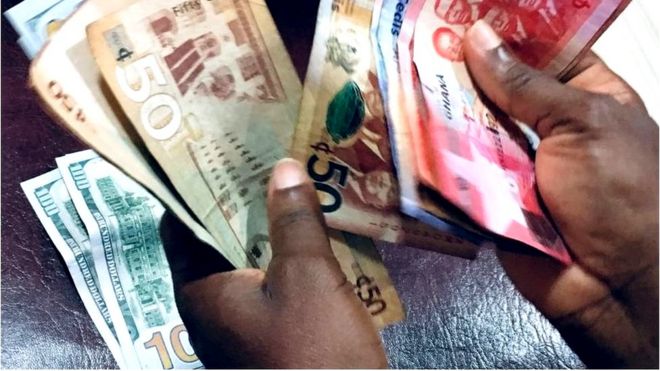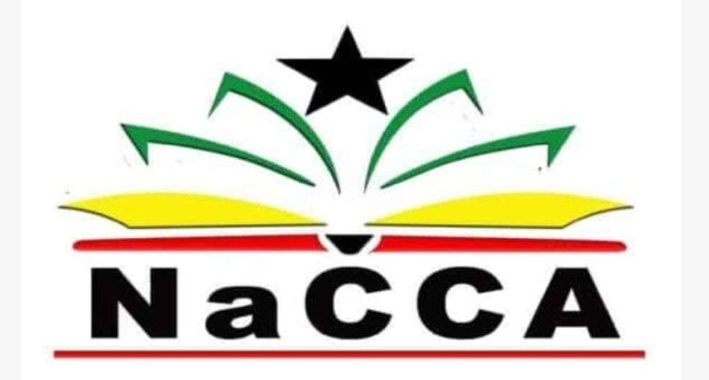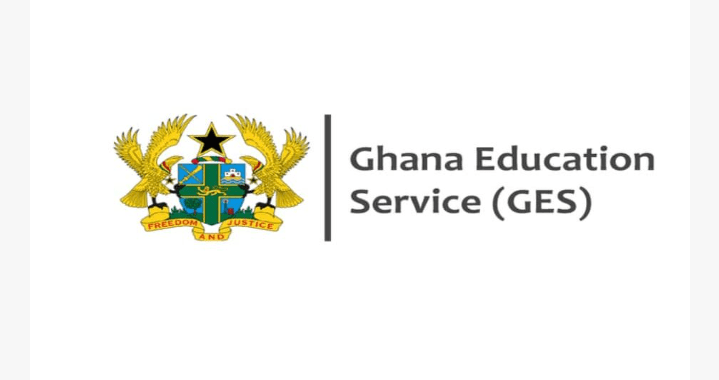How ESG scores “Murdered” Ghana Cedi: The facts from Rohrsteam

This article will open your eyes to how the Ghana Cedi was “Murdered” due to poor management of the country to get where it is today.
You must be struggling with living in Ghana either as a foreigner or a Ghanaian and being shocked by the speed at which the cedi is depreciating, prices are skyrocketing, and food prices have surpassed 122%
The Ghana Cedi has struggled to find breathing space among the major trading currencies, but the Ghana Cedi was “Murdered” to get where it is today, and the reasons for this happening are multiple.
Internally created issues as well as external influences are responsible for the continuous depreciation of the Ghana Cedi. Today, $1 sells for about GHS15.00. Cedi Rates through a poll on Twitter have projected the dollar to sell at GHS20.00 by December.
How ESG scores “Murdered” Ghana Cedi: The facts from Rohrsteam
Prior to the year 2020, the Ghana Cedi was generally stable and doing well against the Dollar and other foreign trading currencies.
The Cedi started losing steam and breath when the global markets and banking sector hit Ghana with a low ESG score. Do you know what this is? Well, we are learning…
What is an ESG Score? An ESG score is an objective measurement or evaluation of a given company, fund, or security’s performance with respect to Environmental, Social, and Governance (ESG) issues.
How are ESG Scores Used in the Market?
ESG scoring systems are created for different use cases and for different stakeholders (based on their associated needs); some are designed to support capital allocation decisions (like investments or assessing credit risk), while others may support human capital management and staffing decisions.
For example, CDP (The Carbon Disclosure Project) is an NGO scoring system for corporate performance on a variety of environmental issues like carbon emissions, climate change, water, and forestry. CDP is popular within the investment community, as asset managers can use positive or negative screening to identify top (or bottom) performers with respect to environmental issues. [Corporatefinanceinstitute.com]
The above means the current environmental issues such as Galamsey remain a major reason for what Ghana is going through.
The ESG scoring calls may emanate from issues relating to finance and investment, standard-setting bodies, NGOs, and even government agencies.
These scoring systems can be from finance and investment firms, consulting groups, s Broadly speaking, however, there are two major categories of raters that generate ESG scores – these are external and internal stakeholders. Once a country is rated low on this scorecard, a lot of challenges will emerge.
Ghana’s currency was stable and was managed very well over the last 10 years. In February 2022 around 14th, Ghana suffered two big setbacks from which she has never recovered.
One of these was the Ukraine War because Ghana imports important supplies from this country. The war means the supply chains were affected, and the supply could no longer meet the demand for such supplies locally. This limited supply of some raw materials into the country.
However, around that time, the biggest contributor many are yet to come to terms with is that credit rating agencies such as S&P, Moodies, and others of the world lost confidence in the Ghanaian economy because of the way it was being managed by the President Akufo Addo-led government.
The effect of this is that the Ghanaian economy and the currency lost critical credit ratings from being a risky country to a very risky borrower. A downward downgrading from mid-risk to very high risk.
The reason sighted for this was the country was not being managed well and lacked the needed working capital, but the actual reason why we are here today is Ghana has a super low ESG score.
The Environmental Social Governance score is the reason behind the woes of Ghana. By this, it meant Ghana was not acting the way the banks of the world required with regard to environmental and social policies.
In the end, it made it very expensive or impossible for Ghana to borrow. The country has been over-reliant on overseas investors, who give loans to the government in dollars at low-interest rates.
While this is attractive and tempting to take, it is dangerous and acts like a golden handcuff when things go bad. ”
“When Ghana tries for instance to restrict mining in the country so that Western Companies cannot go and just strip mine every single place and pollute the water bodies, the West thinks Ghana’s Social Governance is not proper, so they make interest rates for the much-needed external loans of Ghana go up 2% 3%, 4% ad this makes it very hard for the country to afford to refinance debt,” @rohrsteam explained.
READ: Xi Biden meeting: US leader promises ‘no new Cold War’ with China
Sadly, should one credit rating start downgrading the country’s ratings, all the others jump in unison since this acts like a big global gang on a single currency.
“I think that Ghana is going to have to come to the crossroads and decide if it wants to entertain these Golden handcuffs, or she wants to break away from Western Finance and start to create her own liquidity within the country to be free from Western control and manipulations.” @rohrsteam
Should Ghana take steps to improve her ESG scores, which will mean Ghana will succumb to Western Powers or Ghana takes steps to break away from Western financing. This is a tough decision for Ghana to make, since it is difficult to establish lending markets in an economy that has been relying on overseas investors for so long.
READ: BoG Exchange rates for Monday 14th November
This article was written based on the TikTok video by @rohrsteam
Send Stories | Social Media | Disclaimer
Send Stories and Articles for publication to [email protected]
We Are Active On Social Media
WhatsApp Channel: JOIN HERE
2024 BECE and WASSCE Channel - JOIN HERE
Facebook: JOIN HERE
Telegram: JOIN HERE
Twitter: FOLLOW US HERE
Instagram: FOLLOW US HERE
Disclaimer:
The information contained in this post on Ghana Education News is for general information purposes only. While we endeavour to keep the information up to date and correct, we make no representations or warranties of any kind, express or implied, about the completeness, accuracy, reliability, suitability or availability with respect to the website or the information, products, services, or related graphics contained on the post for any purpose.




 How to apply for 2024/2025 recruitment at GES recruitment portal
How to apply for 2024/2025 recruitment at GES recruitment portal  GPA raises concerns over NaCCA books assessment & approval role
GPA raises concerns over NaCCA books assessment & approval role  GES ranked 3rd in 2023/2024 Excellence Awards for MoE agencies
GES ranked 3rd in 2023/2024 Excellence Awards for MoE agencies